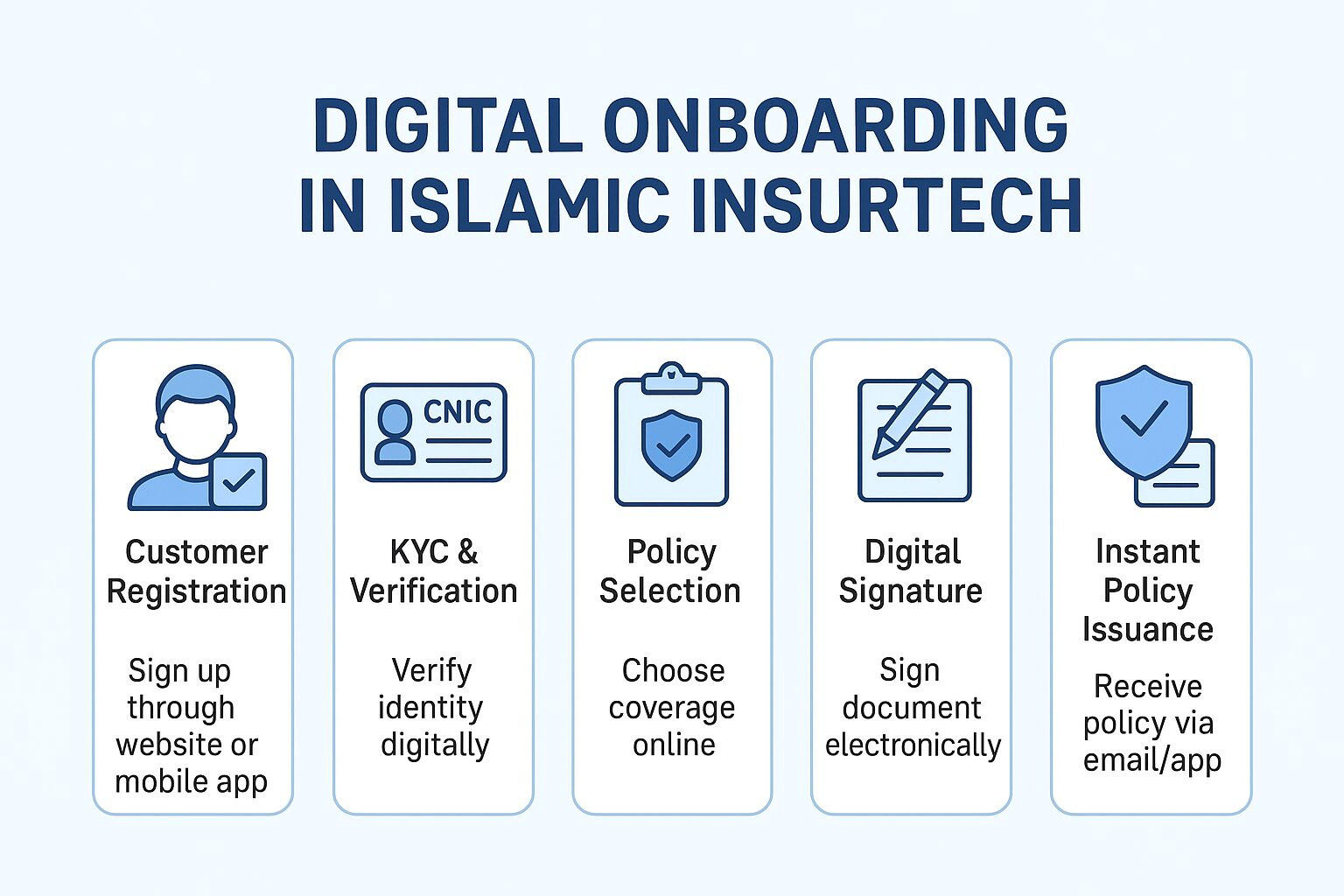📌 Table of Contents
🔍Retakaful Treaty Analysis whether Takaful Operator should opt Quota Share or 1st Surplus
Retakaful is the akin to reinsurance but it is applied in Islamic insurance context. It aims to provide protection to takaful operators against risks. A data from Pakistan insurance company is taken which file is annexed below where analysis is done on data by python. Two treaty types are taken in this data which any takaful operator can choose in their setting if suit them.
In retakaful treaty analysis, treaty types consist of Quota Share and 1st Surplus which are signed annually to balance risk and return. In quota share, for instance 40% is decided by both parties against policy worth $100,000. In 1st surplus, operator for instance cover worth $200,000 of risk against policy worth $500,000, then remaining $300,000 would be covered by retakaful company.
As per analysis, it is found that Quota Share is safer and more reliable, especially for takaful operators who are new to Retakaful or operating in volatile markets. 1st Surplus outperform in good years and underperform in bad years so it is recommended if underwriting and retention decisions are highly optimized.
In conventional method, treaty performance was examined on the basis of historical loss analysis. However, AI-driven methods offer faster alternatives.
🤖 AI and Machine Learning Model: Decision Tree
I applied Decision Tree classification, a machine learning model, to historical Retakaful data from period 2014 to 2023.
A dependent variable is taken as profit balance. Independent variables or features are Retakaful Contribution’, ‘Rebate Amount’, ‘Paid Losses’, ‘Incurred’, ‘Loss Ratio %’, ‘Treaty Type.
The objective is to predict whether a treaty was profitable or not using features like:
- Retakaful Contribution
- Paid and Incurred Losses
- Rebate Amount
- Loss Ratio (%)
- Treaty Type (encoded numerically)
By following the data preprocessing steps, the data was cleaned, normalized, and split into training and test sets using Python’s scikit-learn.
📊 AI Model Insights from Real Retakaful Data
The trained model delivered several key findings:
| Variable | Impact on Prediction |
|---|---|
| Loss Ratio (%) | Very High |
| Paid Losses | High |
| Incurred Loss | Moderate |
| Rebate Amount | Moderate |
| Treaty Type | Contextual |
The model achieved 100% accuracy and showed that loss ratio > 100% showed great losses. Some years like 2018–2019 showed extreme losses (loss ratios up to 560%), while recent years like 2022-2023 a improved profitability shown as loss (3%) was minimum in this period.
Model Performance was examined by dividing the profit balance in to two code like 0 and 1. zero shows that Not Profitable if profit balance is negative or less than zero and 1 shows that Profitable as profit balance is in positive number or greater than zero.
Classification results from a Decision Tree shows below using the confusion matrix and classification report:
-
Precision = 1.00: Every prediction the model made was correct — there were no false alarms.
-
Recall = 1.00: The model didn’t miss any actual positives (profitable treaties).
-
F1-score = 1.00: Perfect balance between precision and recall.
🌲 Why Use Decision Tree Algorithms in Insurance?
Decision Trees provides following solutions for actuarial and underwriting problems comprising small to mid sized datasets:
- ✅ Handle numeric and categorical data
- ✅ Provide clear decision logic (e.g., “If loss ratio > 80%, then high risk”)
- ✅ Require minimal assumptions
- ✅ Are explainable to regulators and Shariah boards
💼 Business Impact for Takaful Operators
Takaful operators can achieve following tangible benefits by applying AI to treaty profitability :
- 🔍 assist in smarter treaty selection with profitability forecasting
- 📉 Early warning on high-loss treaties
- 📊 Data-driven underwriting strategies
- 🤝 Transparent discussions with Re-Takaful partners
- 🕋 Compliant with Islamic finance goals
🧪 Conclusion
This application of decision tree machine learning model assist in improving treaty profitability analysis in Retakaful without compromising Shariah compliance. Takaful operators can now use AI for smarter, faster, and more transparent risk management.
If you’re in Islamic finance or insurance and want to apply AI in your operations, this is the perfect time to start.
🔗 Related Posts
Digital Revolution: InsurTech is Uplifting Pakistan’s Insurance Industry with <1% Penetration





